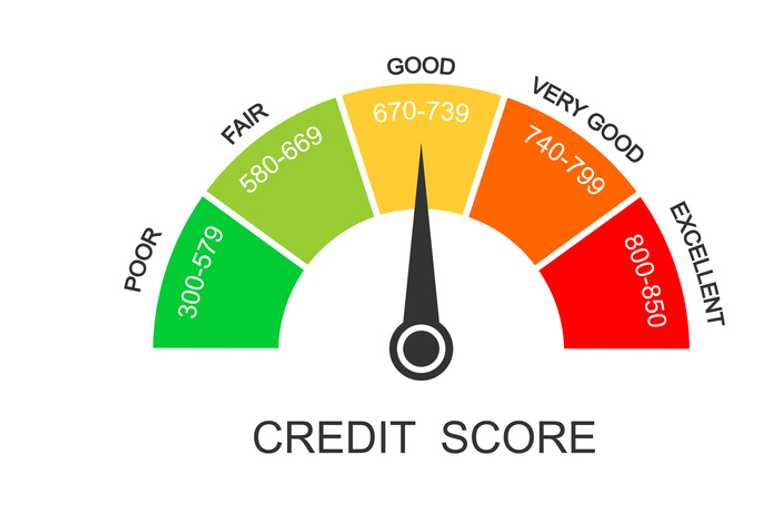Your credit score is a powerful numeric representation of your financial health. It influences your ability to secure loans, obtain favorable interest rates, and even impacts aspects of your daily life. This article aims to demystify the concept of credit scores, exploring what they are, how they are calculated, and the strategies to improve and maintain a healthy credit profile.
Section 1: What is a Credit Score?
1.1 Definition and Importance
A credit score is a three-digit number that reflects your creditworthiness. Lenders use it to assess the risk of lending to you. The higher your credit score, the more likely you are to receive favorable loan terms.
1.2 Range of Credit Scores
Credit scores typically range from 300 to 850. While specific scoring models may vary, a higher score generally indicates better creditworthiness, while a lower score suggests higher risk.
Section 2: Factors Influencing Your Credit Score
2.1 Payment History
Your payment history is the most significant factor affecting your credit score. Timely payments on credit accounts, loans, and bills contribute positively to your score, while late payments and defaults have adverse effects.
2.2 Credit Utilization
Credit utilization measures the ratio of your credit card balances to your credit limits. Keeping this ratio low demonstrates responsible credit management and positively impacts your score.
2.3 Length of Credit History
The length of time you’ve had credit accounts for a portion of your score. A longer credit history can be advantageous, demonstrating a track record of responsible credit use.
2.4 Types of Credit
Having a mix of credit types, such as credit cards, installment loans, and retail accounts, can positively influence your credit score. It demonstrates your ability to manage various types of credit responsibly.
2.5 New Credit
Opening multiple new credit accounts in a short period can be viewed as risky behavior. Manage new credit applications wisely to avoid negative impacts on your score.
Section 3: Monitoring and Managing Your Credit Score
3.1 Regular Credit Report Checks
Check your credit reports regularly to ensure accuracy and identify any potential issues. You are entitled to one free credit report from each of the major credit bureaus annually.
3.2 Credit Score Monitoring Services
Consider using credit score monitoring services for real-time updates on changes to your credit score. These services can provide alerts about potential fraudulent activities.
Section 4: Strategies for Improving Your Credit Score
4.1 Pay Bills on Time
Consistently pay your bills on time to establish and maintain a positive payment history.
4.2 Reduce Credit Card Balances
Focus on paying down credit card balances to lower your credit utilization ratio.
4.3 Avoid Opening Unnecessary Credit Accounts
Be selective when opening new credit accounts to prevent potential negative impacts on your credit score.
Conclusion:
Your credit score is a vital component of your financial identity, influencing your access to credit and the terms you receive. Understanding the factors that contribute to your credit score and adopting responsible financial habits are essential for maintaining a healthy credit profile. Regular monitoring, strategic credit management, and timely payments are key elements in ensuring that your credit score reflects your financial responsibility and opens doors to favorable financial opportunities.





